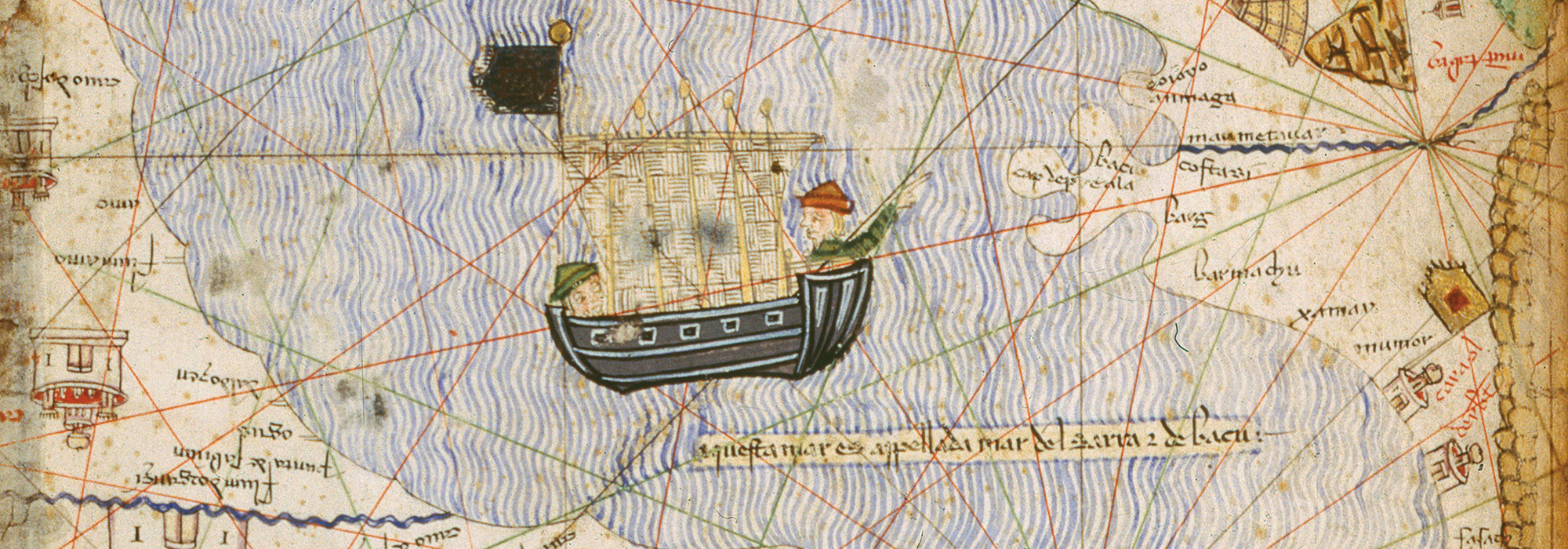NOTRE DAME, INDIANA—A new evaluation of Çatalhöyük suggests that southern Turkey's Neolithic city might not have been as densely populated as previously thought, according to a Science News report. The site is made up of clusters of multi-roomed mudbrick structures long estimated to have housed between 2,800 and 10,000 people between about 9,100 and 7,950 years ago. Ian Kuijt of the University of Notre Dame and Arkadiusz Marciniak of Adam Mickiewicz University examined prior radiocarbon dating and sediment studies of the site, in addition to occupation patterns in modern farming villages in the region, and concluded that just 600 to 800 people lived in the village at its peak. They argue that all of the dwellings seen at the site today were not built and occupied at the same time. Rather, residential buildings covered only 40 percent of the site, with an occupation rate of about 70 percent. The researchers further suggest that on average, five people lived in each dwelling, which was used for just one generation, or between 20 and 45 years. The study therefore challenges the idea that early farmers experienced rapid population growth and were forced to migrate to new lands in Asia and Europe, Marciniak said. He thinks a gradual spread of farming, characterized by population booms and busts, is more likely. To read about a novel method of dating pottery from the site, go to "Carbon Dating Pottery," one of ARCHAEOLOGY's Top 10 Discoveries of 2020.
Study Challenges Population Estimates at Early Neolithic City
News May 21, 2024
Recommended Articles
Digs & Discoveries January/February 2017
Figure of Distinction
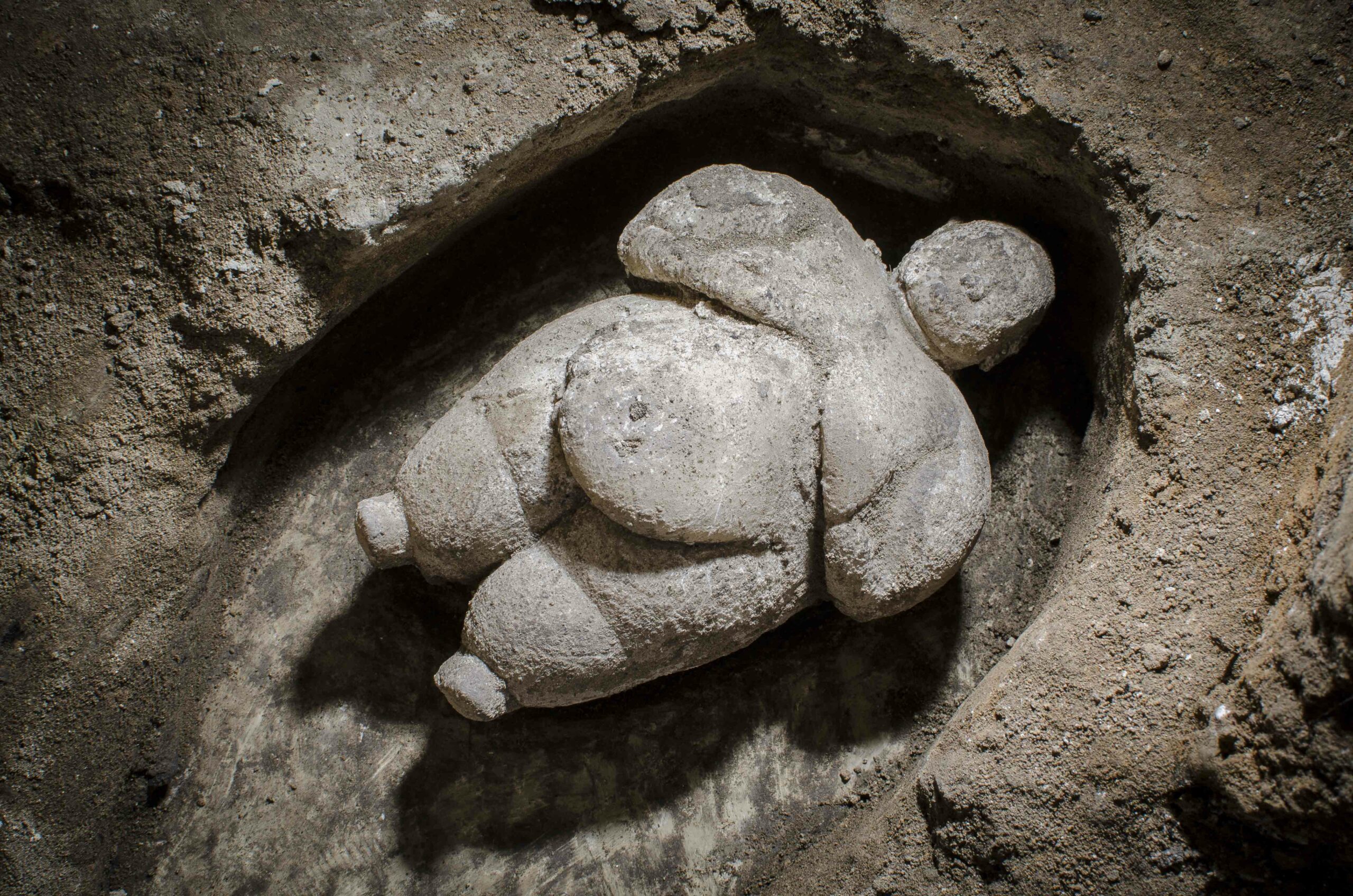
Features January/February 2026
The Cost of Doing Business
Piecing together the Roman empire’s longest known inscription—a peculiarly precise inventory of prices

Digs & Discoveries January/February 2026
The Palace Times


-
Features May/June 2024
Alexander the Great's Untold Story
Excavations in northern Greece are revealing the world that shaped the future king
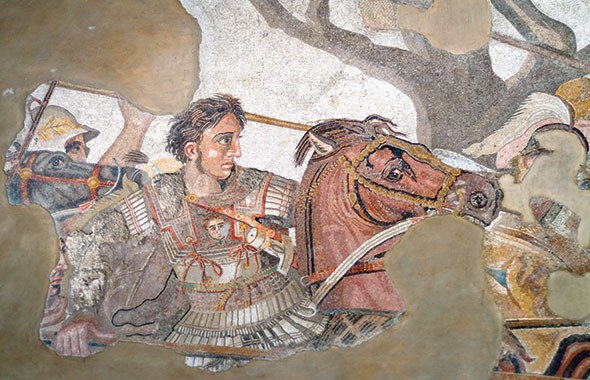 (Veronika Pfeiffer/Alamy)
(Veronika Pfeiffer/Alamy) -
Letter from the Catskills May/June 2024
Ghost Towns of the Ashokan Reservoir
An archaeologist investigates how construction of New York City’s largest reservoir a century ago uprooted thousands of rural residents
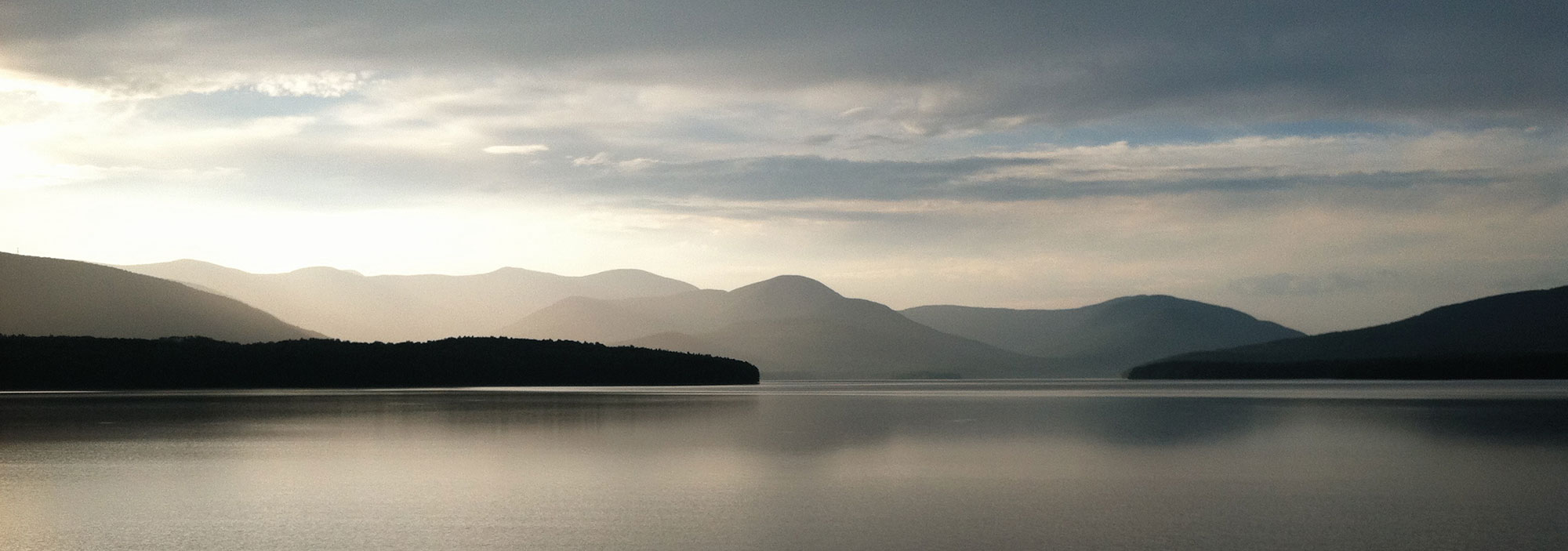 (Courtesy the New York City Department of Environmental Protection)
(Courtesy the New York City Department of Environmental Protection) -
Artifacts May/June 2024
Medieval Iron Gauntlet
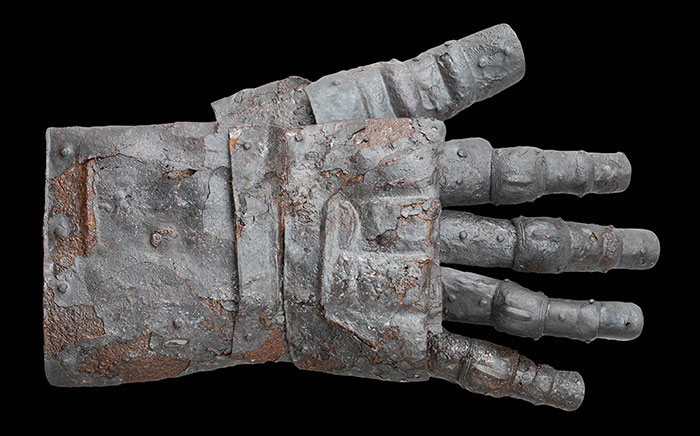 (Courtesy Canton of Zurich)
(Courtesy Canton of Zurich) -
Digs & Discoveries May/June 2024
Ancient Egyptian Caregivers
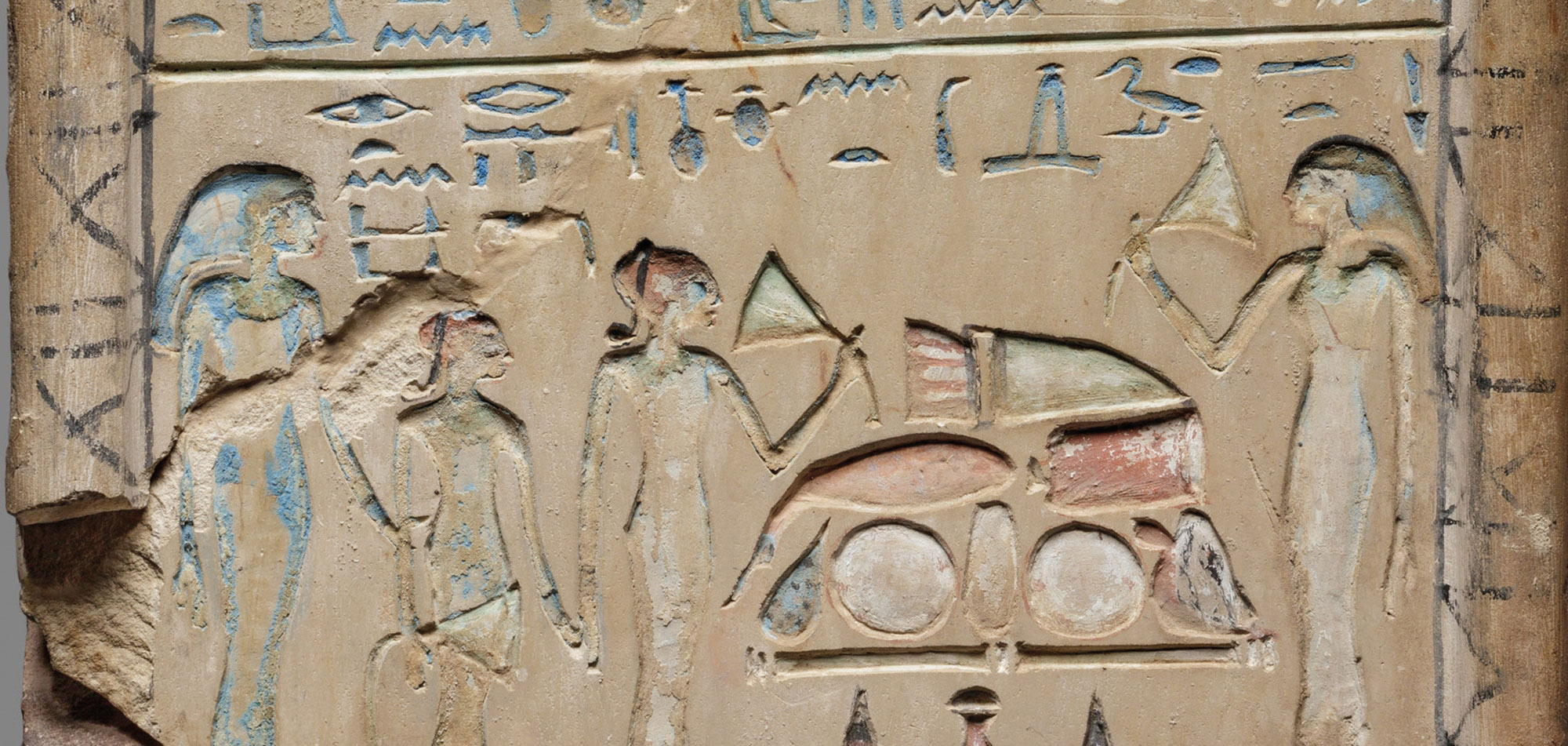 (Metropolitan Museum of Art)
(Metropolitan Museum of Art)


